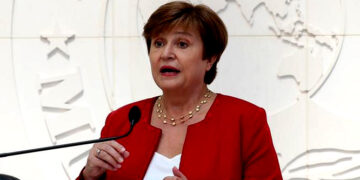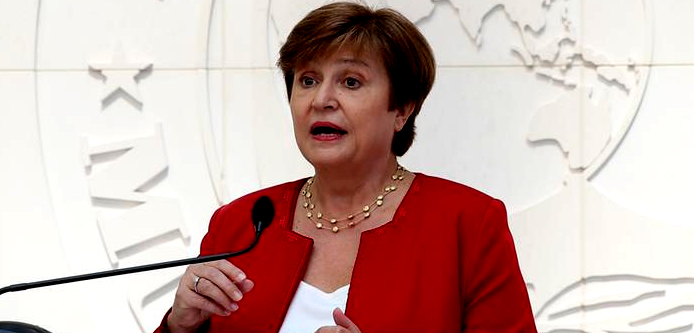By John Ikani
The International Monetary Fund (IMF) has attributed the delayed removal of fuel subsidy in Nigeria to fear of political resistance, widespread corruption and pressure from interested groups.
The IMF said this in its ‘Nigeria: Selected Issues Paper’ report, which was prepared by a staff team of the Fund as background documentation for its periodic consultation with Nigeria.
According to the report, “This fuel subsidy has taken up considerable (explicit or implicit) budget costs, constituting inefficient use of resources that could have been spent more effectively on pro-poor interventions in the economy.
“From the past experiences, the fear of political resistance for large price increase—coupled with widespread corruption and pressure from interested groups—has made the government hesitant to reform this untargeted subsidy.”
It would be recalled that in January, the Nigerian Government backtracked on it decision to remove the controversial subsidy on fuel this year.
Instead, it extended the subsidy regime by 18 months, following threats of protests by the Nigerian Labour Congress and other interest groups.
The IMF report which went on to note that Nigeria will likely depend on overdrafts from the Central Bank of Nigeria (CBN) to fund its proposed petrol subsidy bill, added that the move would negatively affect the country’s fiscal position, increasing the fiscal deficit.
The Minister of Finance, Budget and National Planning, Ahmed Zainab, recently said that Federal Government was planning to tap €2bn ($2.2bn) by this month or next of the money it raised in a Eurobond sale last year and targets more local borrowing in 2022 to help fund subsidy on Premium Motor Spirit, popularly called petrol.



































